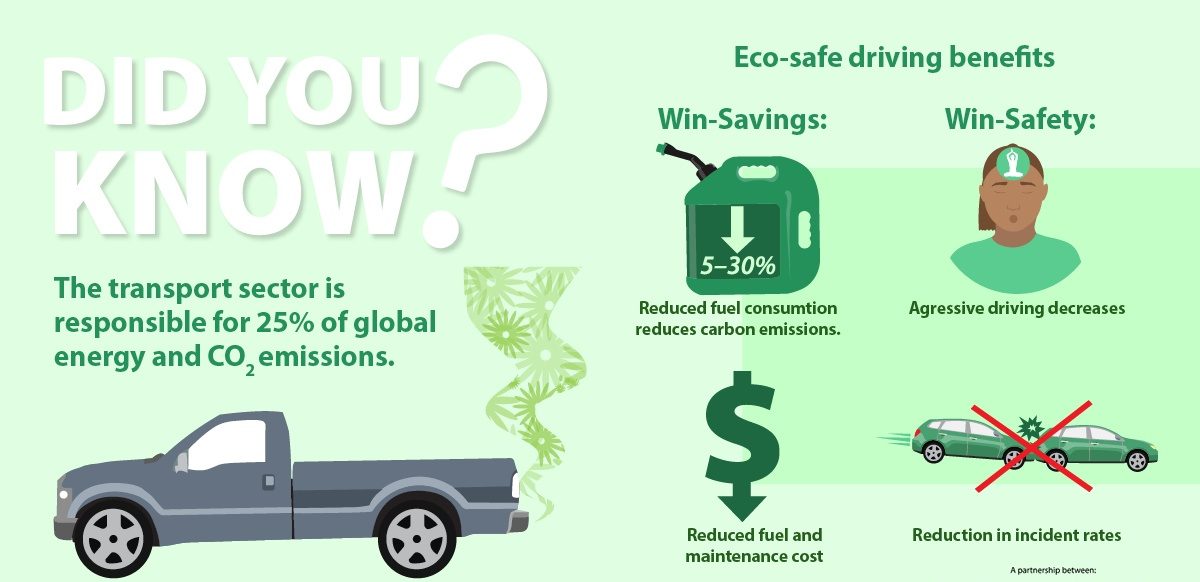
Sustainable Driving: Promoting Eco Vehicle Efficiency for a Greener
Future
Introduction
Sustainable driving is a crucial concept in the fight against climate change and reducing carbon emissions. By adopting eco vehicle efficiency tips, individuals can contribute to sustainable transportation and reduce their dependence on fossil fuels.
Historical Background
The development of eco-friendly vehicles has a rich history. From the first electric cars to early attempts at fuel efficiency, there has been a gradual evolution of sustainable driving practices. Over time, there has been an increasing awareness of the environmental impact of transportation.
Key Concepts and Definitions
To better understand eco vehicle efficiency, it’s important to define key terms. Eco vehicle efficiency refers to the ability of a vehicle to maximize its fuel consumption and minimize its carbon footprint. Factors such as vehicle maintenance, driving habits, and alternative fuels play a crucial role in achieving eco vehicle efficiency.

Main Discussion Points
Vehicle Maintenance for Eco Vehicle Efficiency
Regular maintenance and tune-ups are essential for optimizing eco vehicle efficiency. By ensuring that the vehicle is in good condition, individuals can reduce fuel consumption and emissions. Additionally, optimizing tire pressure and reducing aerodynamic drag can further improve efficiency. Proper engine maintenance and clean filters also contribute to eco vehicle efficiency.
Fuel Efficiency Tips for Sustainable Driving
Adopting optimal driving techniques, such as smooth acceleration and deceleration, can greatly enhance fuel efficiency. Carpooling, trip planning, and route optimization are effective strategies to reduce fuel consumption. The introduction of fuel-efficient technologies, like hybrid and electric vehicles, also plays a significant role in sustainable driving.
Eco-Friendly Driving Habits
Reducing idling and practicing eco-driving techniques are essential for sustainable driving. By avoiding unnecessary idling, individuals can save fuel and reduce emissions. Aggressive driving behaviors, such as rapid acceleration and braking, significantly impact fuel consumption. Additionally, eco-friendly parking and avoiding unnecessary trips contribute to eco vehicle efficiency.

Case Studies or Examples
Real-world examples of individuals or organizations implementing eco vehicle efficiency tips serve as inspiration. These examples highlight the positive outcomes and lessons learned from adopting sustainable driving practices.
Current Trends or Developments
Recent advancements in eco vehicle technologies, such as improvements in electric vehicle range and infrastructure, are driving the adoption of sustainable driving practices. Additionally, recent research findings shed light on the impact of these practices on carbon emissions and air quality.
Challenges or Controversies
Despite the benefits, there are challenges and controversies in implementing eco vehicle efficiency. Limited access to charging infrastructure for electric vehicles is a significant challenge. Additionally, the debate over biofuels’ environmental impact raises differing viewpoints.

Future Outlook
Looking ahead, the future of sustainable driving holds promise. The potential for autonomous electric vehicles is an exciting development. Furthermore, potential policy changes and technological advancements can further promote eco vehicle efficiency.
Conclusion
In conclusion, adopting eco vehicle efficiency tips is crucial for a sustainable future. From vehicle maintenance to fuel efficiency tips and eco-friendly driving habits, individuals and society play a vital role in promoting sustainable transportation.




